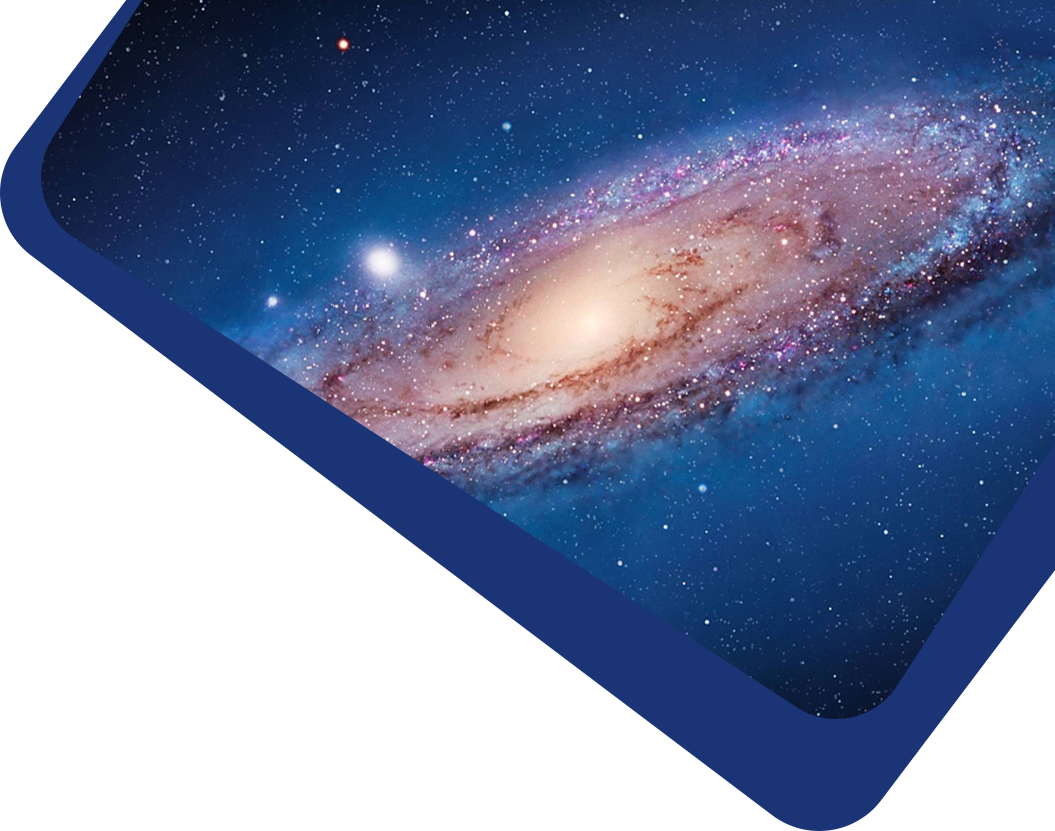

Abstract The time-transformed leapfrog scheme of Mikkola & Aarseth was specifically designed for a second-order differential equation with two individually separable forms of positions and velocities. It can have good numerical accuracy for extremely close two-body encounters in gravitating few-body systems with large mass ratios, but the non-time-transformed one does not work well. Following this idea, we develop a new explicit symplectic integrator with an adaptive time step that can be applied to a time-dependent Hamiltonian. Our method relies on a time step function having two distinct but equivalent forms and on the inclusion of two pairs of new canonical conjugate variables in the extended phase space. In addition, the Hamiltonian must be modified to be a new time-transformed Hamiltonian with three integrable parts. When this method is applied to the elliptic restricted three-body problem, its numerical precision is explicitly higher by several orders of magnitude than the nonadaptive one’s, and its numerical stability is also better. In particular, it can eliminate the overestimation of Lyapunov exponents and suppress the spurious rapid growth of fast Lyapunov indicators for high-eccentricity orbits of a massless third body. The present technique will be useful for conservative systems including N -body problems in the Jacobian coordinates in the the field of solar system dynamics, and nonconservative systems such as a time-dependent barred galaxy model in a rotating coordinate system.
Keywords celestial mechanics — methods: numerical — planetary systems — chaos
It accepts original submissions from all over the world and is internationally published and distributed by IOP